'A Glitch In The Matrix': Rodney Ascher's Simulation Theory Documentary Reviewed
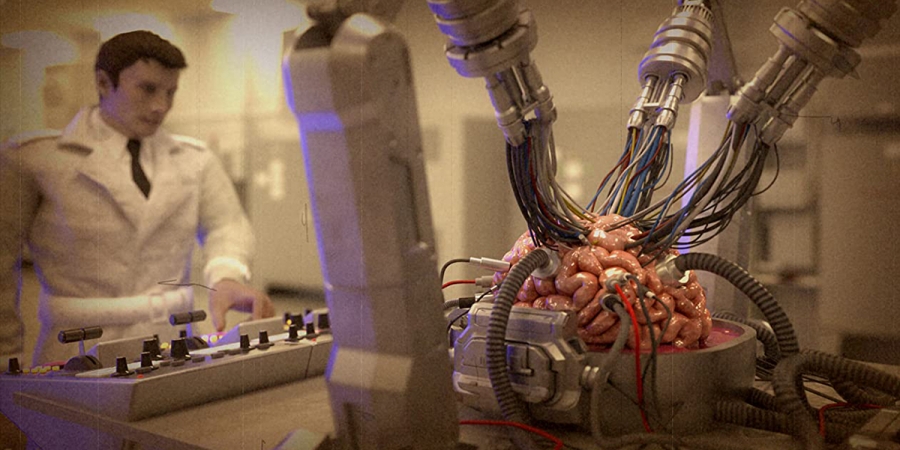

This page is more than four years old.
There's a good chance that over the last few years you've driven a car around a simulated city in 'Grand Theft Auto', played happy families in 'The Sims', or perhaps even put on a headset and slipped into virtual reality. As simulated worlds become more and more realistic, have you ever wondered if you could be nothing more than a character in a computer game?
Rodney Ascher's new documentary 'A Glitch In The Matrix' aims to explore this mind-bending concept. It is available to stream on demand in the US and UK now.
Simulation theory is a fascinating topic that's been debated by top scientist and philosophers. The two-hour-long documentary is beautifully stylised, all the contributors featured are shown in the form of computer generated avatars, and the film is peppered with CG environments. An interesting topic and a well-made film, 'A Glitch In The Matrix' has everything going for it, but sadly the documentary fails to impress.
Simulation theory, or simulation hypothesis, is the idea that all reality as we know it is an artificial simulation. The theory was popularised by Nick Bostrom in 2003. He speculated that we could be a collection of simulated minds rather than biological ones.
He thinks that mankind will advance to a stage at some point in the future where the massive amounts of computing power available to them means they can run huge simulations of human life to help understand their history. Simulations so accurate, that the humans modelled in those simulations are actually conscious.
This stems from an argument he made which is that if you assume human knowledge continues to expand and develop, at some point in the future humanity will be capable of running these kind of simulations. Therefore, what's to say we're not all part of these simulations already? The alternative option being that we have to assume mankind doesn't advance to such a level, being wiped out by some catastrophic planet-wide disaster.
Nobody has yet come up with a convincing argument to prove that we're not all living inside a vast computer model in the future, but some physicists believe we may be able to do this by examining the distribution of ultra high energy cosmic rays, but aren't sure exactly how they will do this.
In 2017, Professor Brian Cox told a national newspaper that "it's very hard to see how we are not" living in a simulation, a theory shared by billionaire Elon Musk who is convinced that humanity is living inside a simulation. Astrophysicist Neil Degrasse Tyson is also a supporter of the idea, who said in an NBC news interview that the hypothesis is correct giving better than 50-50 odds. He said, "I wish I could summon a strong argument against it, but I can find none."
Sadly, the documentary doesn't explore the science or even philosophy behind the theory in any real depth, instead we just hear the personal subjective experiences of a bunch of people who have taken the movie 'The Matrix' far too seriously.
The various talking heads in the documentary, who are all seen in the form of CGI avatars speaking via webcam, point out facts about the 1999 Keanu Reeves film that would be true to life should we be living in a simulation. It's almost as if they are unable to grasp that the sci-fi movie is a work of fiction based on the idea of simulation theory that predates it. 'The Matrix' is not document proof that simulation theory is real.
Some of the speakers come across as being quite narcissistic, especially one who is so deluded that he thinks he is the centre of the whole universe, living in a simulation that revolves entirely around him.
It didn't need to be like this, there are plenty of the high-profile proponents to the hypothesis who aren't narcissistic or delusional, and are able to put forward rational and interesting arguments for the theory with out jumping to paranoia-fuelled conclusions.
Advertisement ‐ Content Continues Below.
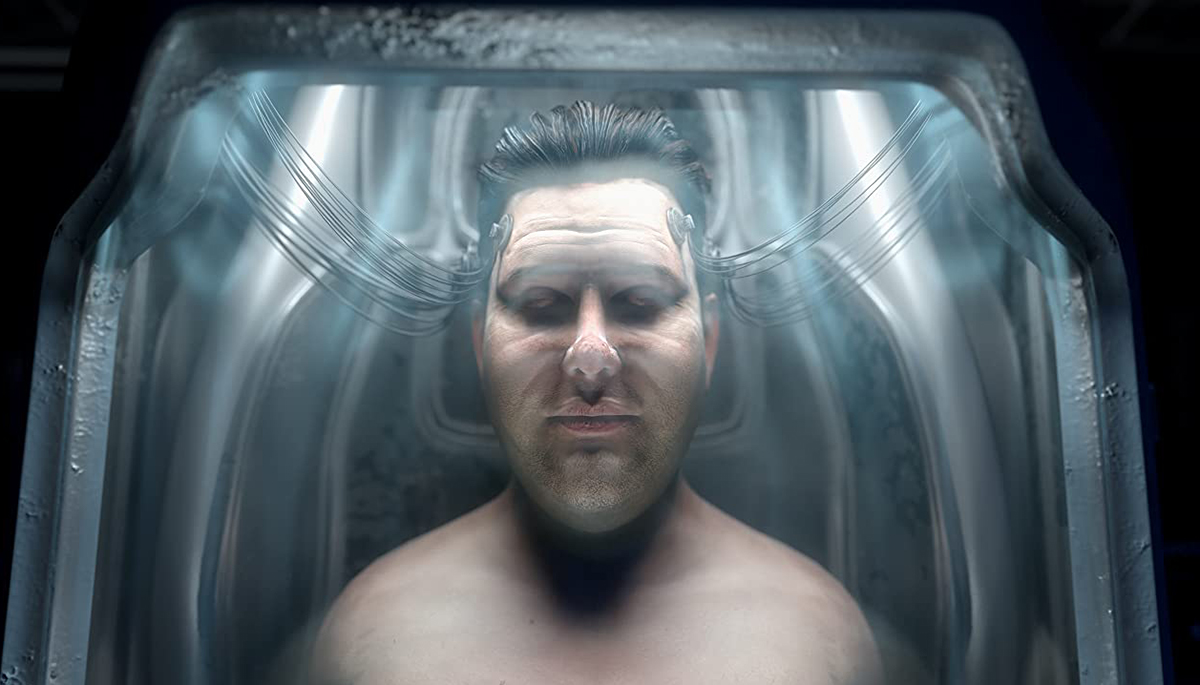
The interviewees in the film all rely too heavily on works of fiction, not just 'The Matrix', from which the documentary gets its name, but also 'The Truman Show' and the works of Philip K Dick, whose works feature simulated realities as a common plot device. These hardcore believers in simulation hypothesis seem to hold these works of science fiction in the same regard as Scientologists hold the fictional work of L. Ron Hubbard, the author to whom they owe the origins or their religion.
The obsession with these works of fiction brings about a detachment to humanity in those who feature in the documentary. They strongly believe that they are in a simulation and that in some cases those other "characters" around them in their lives are lifeless, soulless simulations. And that's the problem, while scientists tell us that we "could" be in a simulation and that there's no way to prove that we are not, those in the documentary are already convinced that we are in a simulation and in some cases that removes important social and ethical boundaries as Ascher's last contributor proves.
Joshua Cooke's contribution at the end of the documentary is possibly the most engaging and eye-opening part of the film, not because he provides any proof or insight into the sim theory, but because of the stark reality check he shares about those paranoid believers who have fallen too deep into the rabbit hole.
You may remember the headline "'The Matrix' made me do it." Joshua had rejected the world around him as a simulation and in 2003 this resulted in him shooting and killing both of his parents. The story is told through first-person perspective in a fitting but uniquely stylised digital recreation of the crime scene.
Joshua's contribution to the documentary provided a fascinating but dark first-hand insight into a horrendous crime fuelled by an inability to accept his own surroundings, and an example of what happens when the detached, paranoid and disenfranchised descend too far in to delusion and paranoia.
Sadly, the rest of the film offered nothing more than the countless 'stay at home' conventions that many of us will have watched on a live stream over the last ten months. Because all of the guests in the film appeared via webcam and didn't seem to have any level of expertise or even insight into the topic, overall the film offered nothing more than you'd have got from a Zoom call with any old bunch of conspiracy theorists who've spent far too much time playing video games.
More Paranormal Documentaries
See All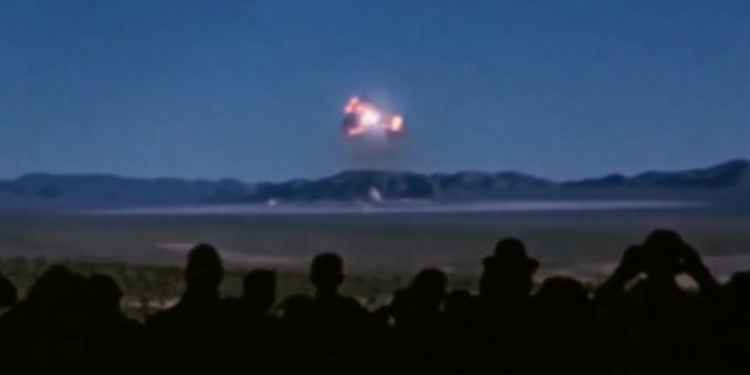
ArrayMarch 21, 2025
8 UFO/UAP Documentaries You Have To See
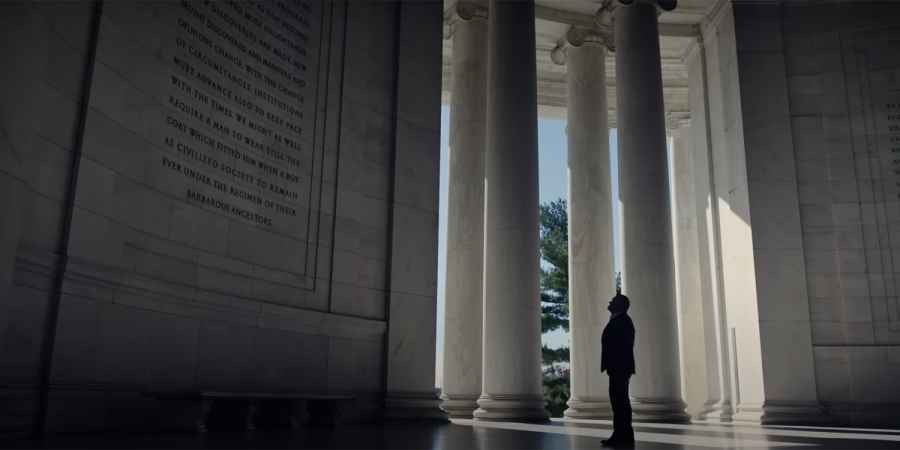
ArrayFebruary 19, 2025
'The Age of Disclosure': New UFO Documentary Claims To Expose An 80-Year Cover-Up
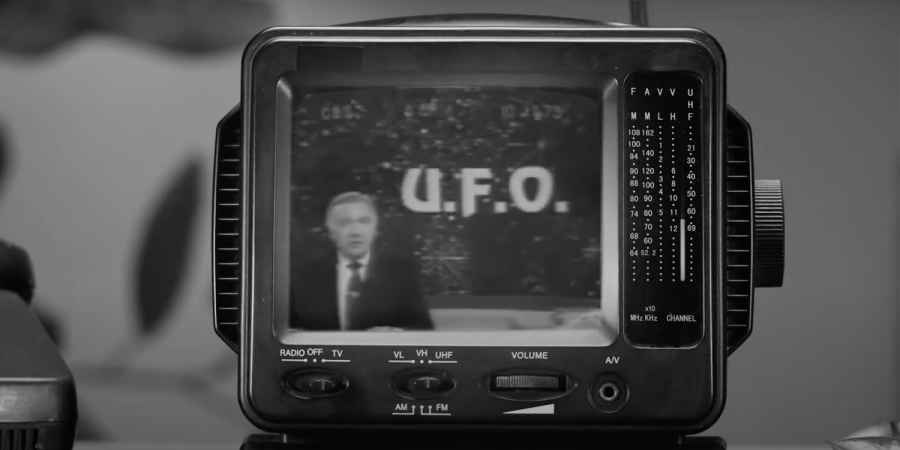
ArrayJanuary 16, 2025
New Docuseries Explores 1973 Mississippi Alien Abduction Case
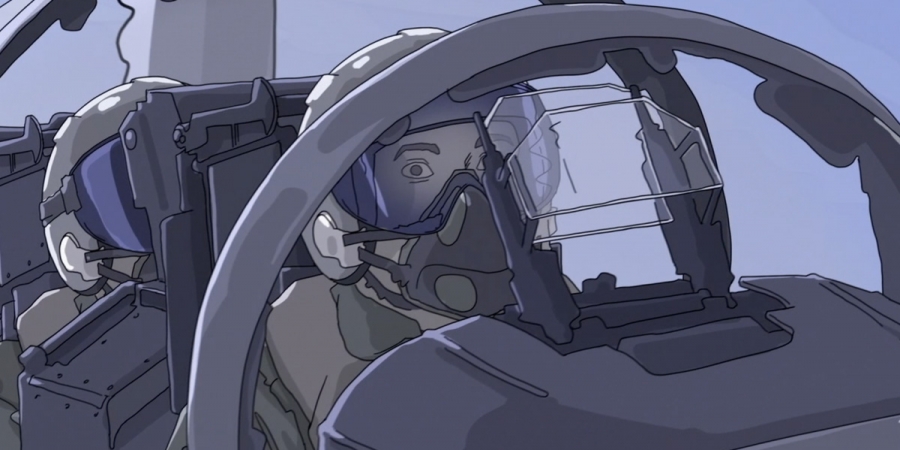
ArrayDecember 22, 2024
'The Alien Perspective': The UFO Documentary That Challenges Everything
Learn With Higgypop
Hosted by Paralearning in association with Higgypop, these courses on ghost hunting, paranormal investigations, and occult practices draw on the experience of our team of paranormal writers.
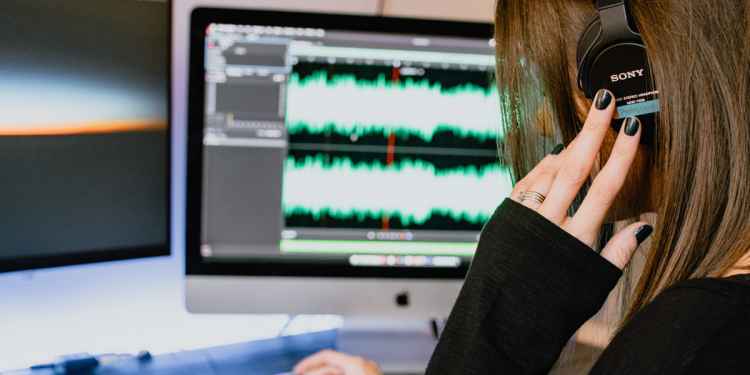
Diploma In Capturing & Analyzing Electronic Voice Phenomenon
This course gives you practical and useful knowledge of ghost hunting and paranormal research, which is invaluable when conducting your own paranormal investigations or as part of a group event.
View Course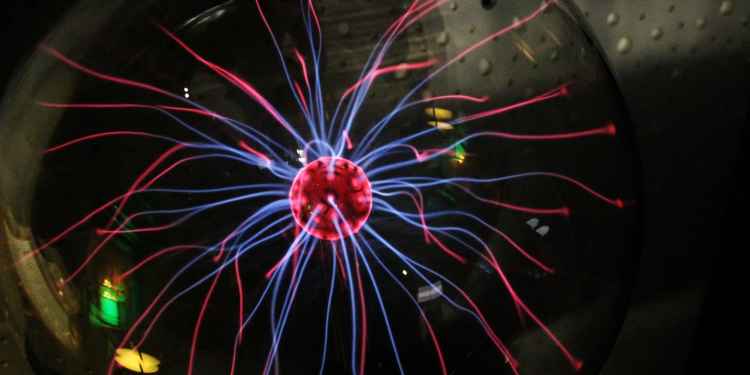
Diploma In Advanced Scientific Theory For Paranormal Investigators
This course gives you practical and useful knowledge of ghost hunting and paranormal research, which is invaluable when conducting your own paranormal investigations or as part of a group event.
View CourseMore Like This
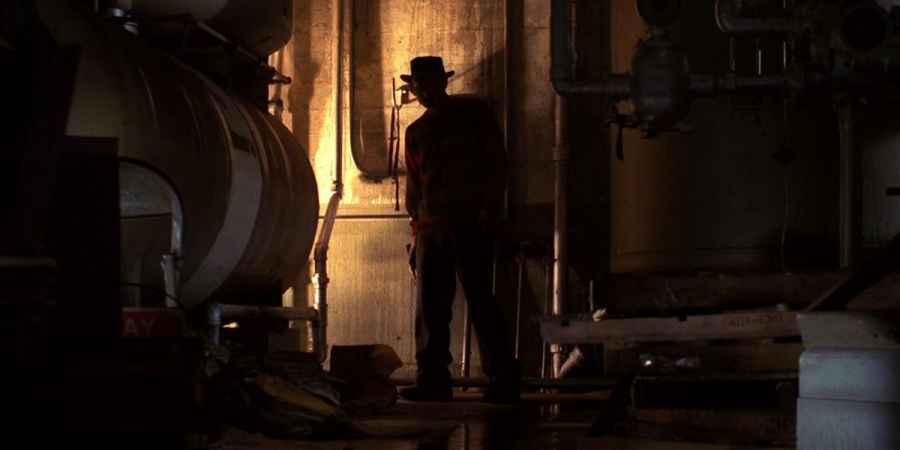
Nightmare On Elm StreetApril 08, 2025
New 'A Nightmare On Elm Street' Movie Reboot Gets An Official Update
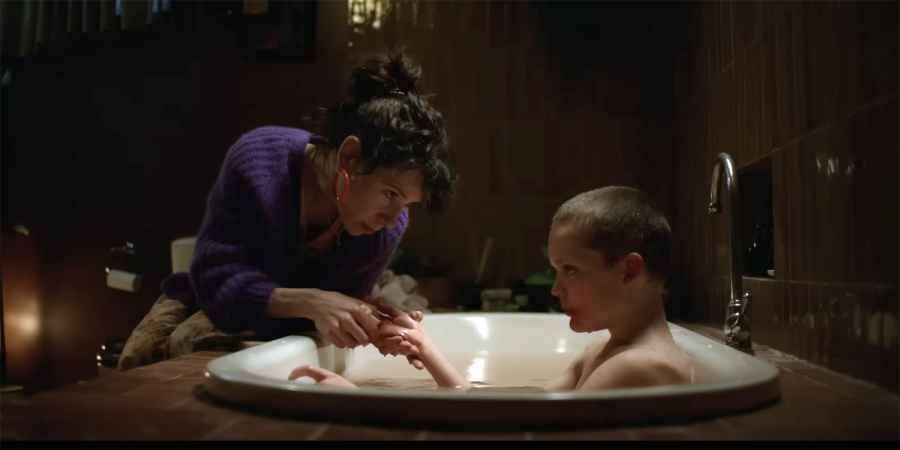
HorrorApril 03, 2025
Watch The Trailer For Australian Horror Movie 'Bring Her Back'
 See More on Audible
See More on Audible
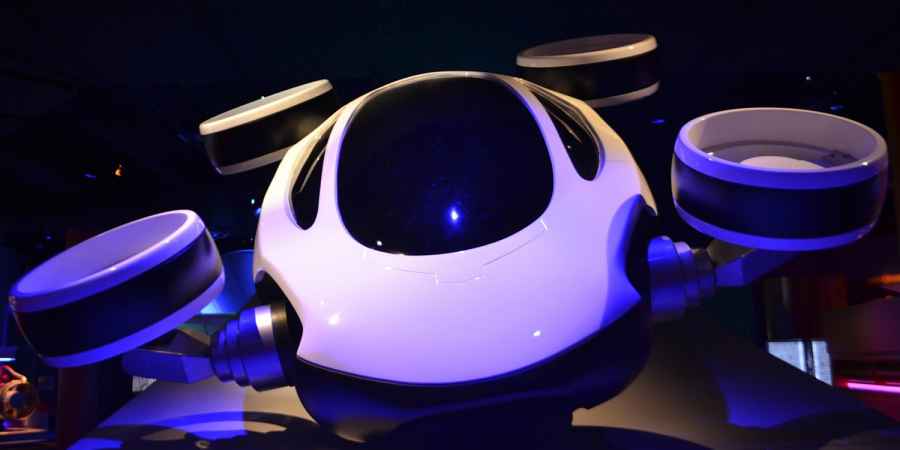

Comments
Want To Join The Conversation?
Sign in or create an account to leave a comment.
Sign In
Create Account
Account Settings
Be the first to comment.